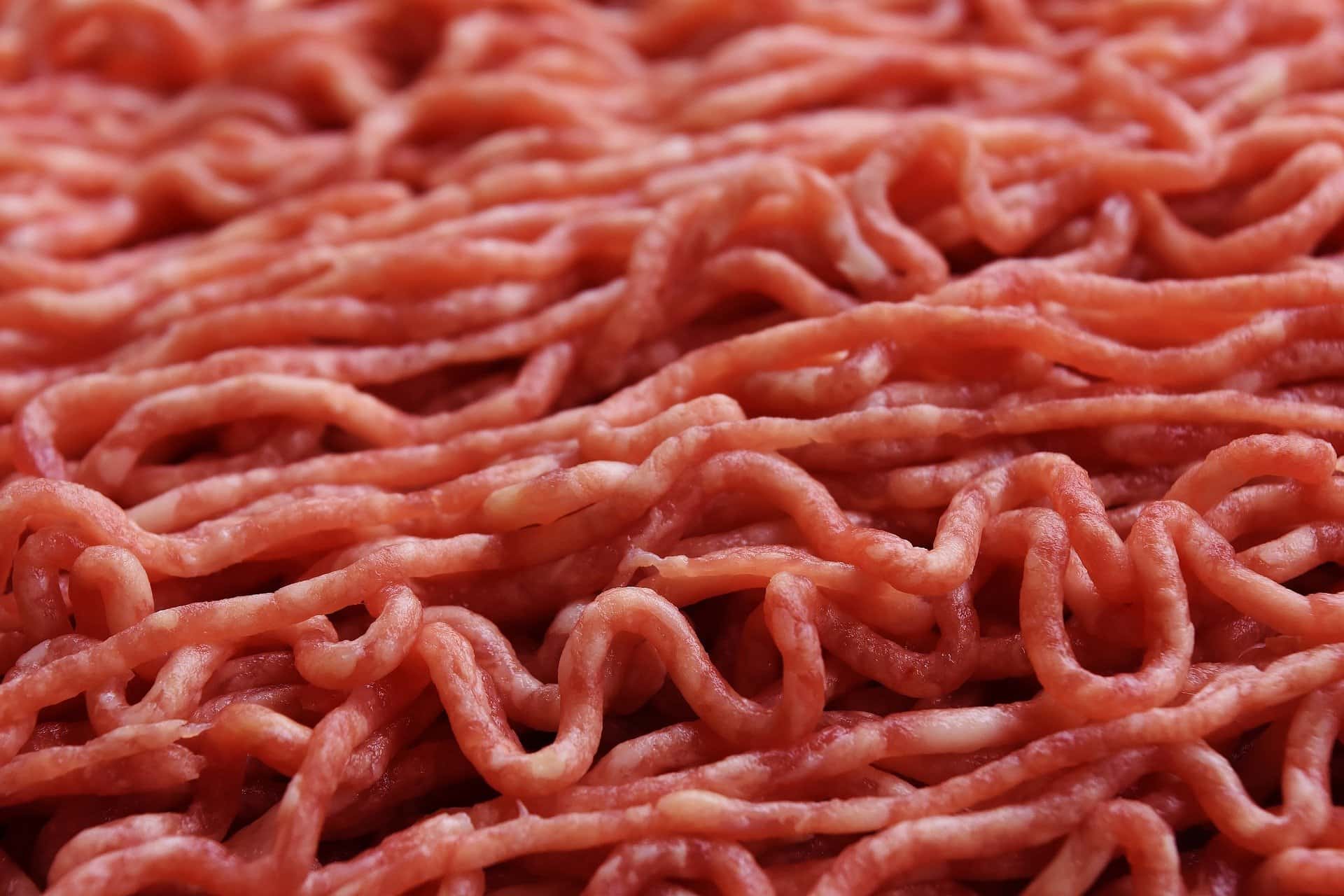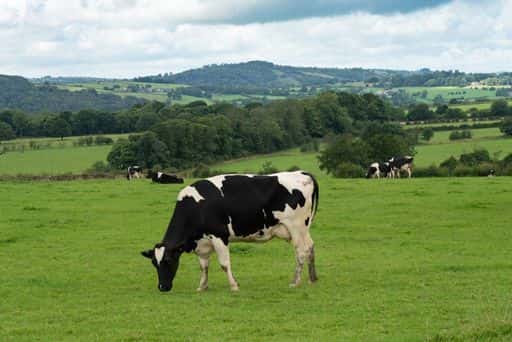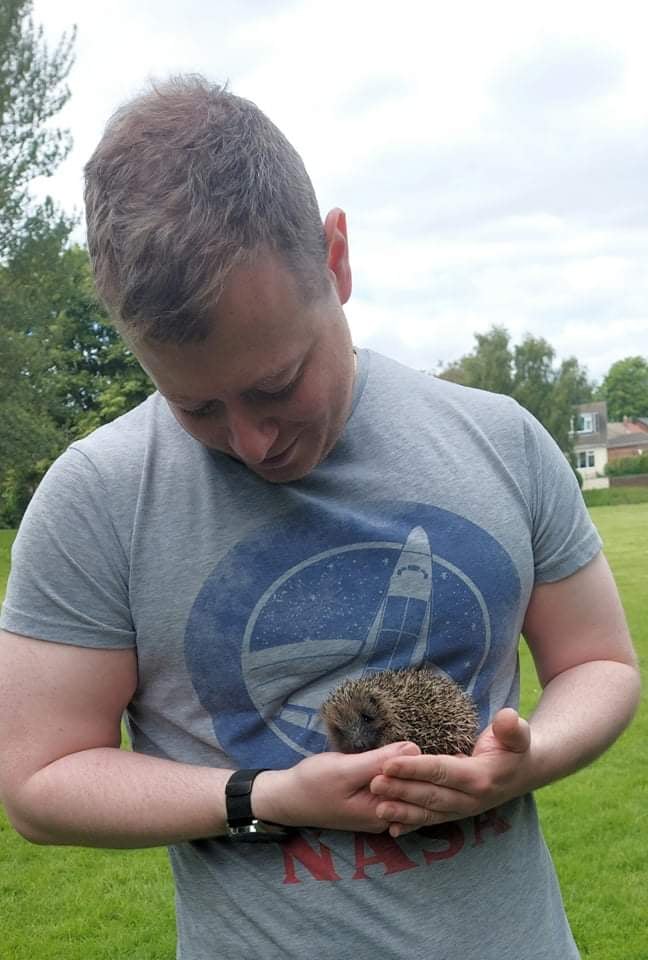
COULD we be heading to a meatless society? A Singapore restaurant has launched their ‘chicken bites’ which are actually made using chicken produced in a laboratory.
Meat produced by US company Eat Just, is created in biolaboratories using cells from actual animals, which are then combined with plant-based ingredients.
The Singapore Food Agency has approved the products for consumption, which could open the door to a future where all meat is produced without killing livestock.
SR News spoke with Dr Alex Lockwood, a University of Sunderland journalism lecturer and Vegan campaigner to find out what the ramifications could be if these products were to be mass produced.
“This is a major potential moment in the history of our Earth, as animal agriculture is currently the biggest destroyer of the planet,” he said.
“Twenty per cent of the entire greenhouse gas emissions come from animal agriculture; on top of that it adds to deforestation, ocean acidification and loss of soil.
“This breakthrough will probably be the single most likely thing to give us a possibility of avoiding climate change and giving us a brighter future. It is the future of meat agriculture, there is no doubt about it.”

While this could be a pivotal moment for humankind and the preservation of the planet, there are some issues to tackle before laboratory-manufactured meat becomes widely available.
“There is a lot of research out there talking about the ethics behind lab meat, and how they would market it,” said Dr Lockwood. “In 10 years’ time, the consumer who is eating meat won’t even realise; most people who eat meat now don’t know where it has come from.
“If you go to a fast-food restaurant and buy a burger, do you actually know what is in it and the process of where it came from to how it got on your plate?
“Millions of animals every year are killed to go into pet food or into fish meals; for example, 80% of the mackerel caught off the UK goes to feed other fish in agriculture.
“There are massive markets, where this will replace the current use of animals.
“In 10 years, you will still buy it but it will just be from lab meat. Meat will become like vinyl is now: everyone today listens to music on digital, and you have the aficionados who buy the vinyl – who are maybe 5-10%. Meat will become like that in the future, as 90% of people in the world won’t care.”
Another major question to tackle is the economic impact of switching from agriculture to lab meat.

Photo: Richard Gray/EMPICS
Farmers in Britain could find their livelihoods threatened if lab meat became available, and was cheaper than farm-reared meat.
“That transition is being thought about quite a lot,” said Dr Lockwood. “We will always need farmers, but they will just be growing plant food rather than rearing animals.
“Even though farming takes up 70% of the land in the UK, it only contributes 8% to the economy, and animal agriculture is only a small part of it. At the moment, we only grow 16% of our own fruit and vegetables and we have to import the rest, so we can do much better with that.
“Fruit and vegetable farming needs more people; if all the animal farmers who can convert to oats, fruit and vegetables do so, then we will be in a much better place.
“Seventy per cent of farms today, if you removed their subsidies they would not be profitable and they would stop trading. Animal farming is not profitable. Sheep and cow farming isn’t profitable.
“The pigs and chickens are – but they are an industrial production rather than a farm. The cultured meat, when it becomes mass scale, will become far cheaper as the cost to make it is far less.”



